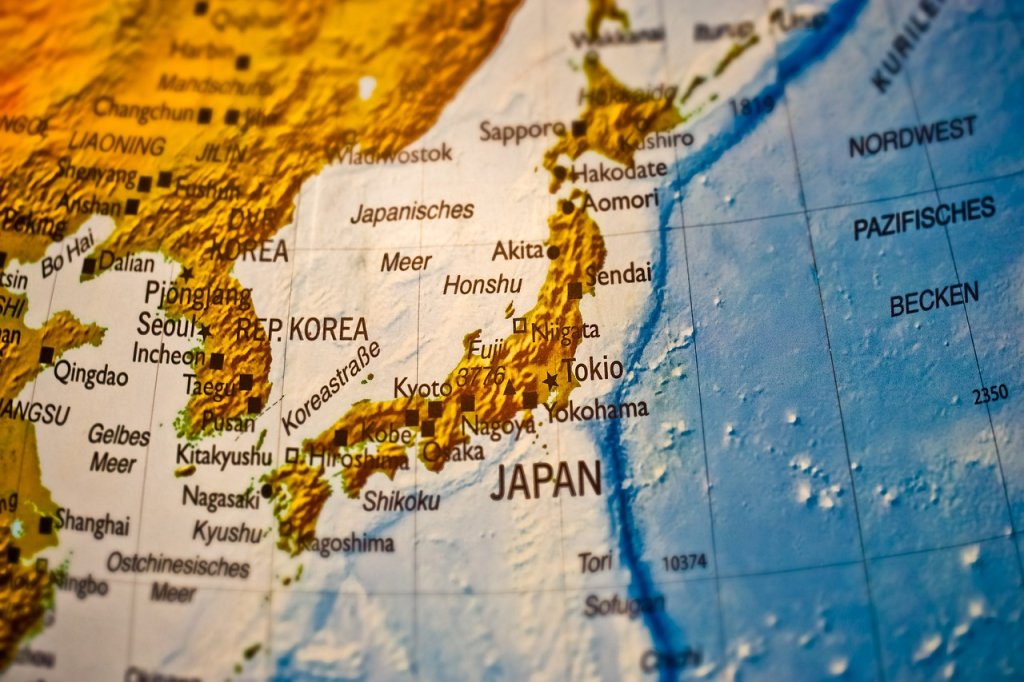
The long conversation between US President Joe Biden and China’s Chairman Xi Jinping was perhaps the most anticipated and unquestionably positive outcome of the Asia-Pacific Economic Cooperation (APEC) summit in San Francisco on November 16-17, but the agenda included many other matters of global significance. What was striking about these high-intensity proceedings is the inability of Russia, which cherishes its status as a “Great Power”, to make a contribution of any value. Most of the 21 member-states were represented on the highest level, but President Vladimir Putin, who did not receive a personal invitation, opted to send a small delegation led by a deputy prime minister of scant influence.
In the vast Asia-Pacific region, where economic dynamism is the main criterion of success, Russia with its chronically stagnant and depopulated Far East, can hardly qualify even as a middle power. Its own “pivot to the East” started with the 2012 APEC summit in Vladivostok, but presently this organization gets superficial and skeptical coverage in mainstream media. In recent months, Russia’s only achievement in this region is a deal on importing tons of artillery shells from North Korea, which relishes the role of a dangerous outcast in the remarkably peaceful region. In contrast, the agreementwith Japan on decommissioning nuclear weapons was abruptly cancelled by Moscow.
Russian economy registers moderate growth this year, but this uptick is essentially unhealthy and is driven by the massive allocation of funding toward the defense-industrial complex. In most innovations-generating areas, from space exploration to environmental protection, Russia has turned into a laggard. Regulation and transformative role of AI was one of the key issues in San Francisco, but in Russian approach, its potential military applications are the main value, as well as tighter control over the Internet and usefulness for fine-tuning domestic repression. The “green transition” in energy consumption is another key issue in the Asia-Pacific debates, and Moscow perceives this prospect as a threat to its role as “energy super-power”.
Russia’s positions on global energy markets are indeed pivotal, and Western sanctions have squeezed them in the most profitable niches, so that the volume of petro-revenues is seriously below the financial needs in funding the war costs. Operating the semi-legal fleet of partially insured tankers is a costly operation, and new sanctions are targeting this loophole. Russian energy companies are forced to pay heavy taxes and convert their external profits into roubles, which keep losing value, and this war-prioritizing state policy undercuts their ability to invest in assets modernization and exploration. The heaviest damage is inflicted on Gazprom’s production base as its most profitable European market is severely curtailed and plans for constructing new pipelines remain far-fetched.
Russia’s main hope for a new spike in oil prices is pinned on the escalation of war in the Middle East, but so far this impact has remained remarkably weak. The only instrument Moscow can utilize for prompting escalation is its military presence in Syria, but Bashar al-Assad can put only limited pressure on the rebels in the Idlib province and is cautions to instigate attacks on the US forces. Iran, which expands military cooperation with Russia, had messaged its preference for avoiding any escalation. This threat was in the focus of discussions of the APEC leaders, who treaded carefully across the political battlegrounds around Gaza, but US and China were on the same page of expanding efforts aimed at preventing wider regional destabilization, while Russia would have much preferred to see a deeper discord on this issue.
Every step taken by the US and China leaders toward reducing tensions in bilateral relations and upgrading mechanisms for managing the profound disagreements is registered in Moscow with grave concern. Russian pundits are trying their best to downplay the progress achieved in San Francisco, amplifying instead the unique strength of China-Russia strategic partnership. The bilateral trade is indeed expanding, but what policy planners in Moscow cannot fully comprehend is the complexity of economic interdependence between China, the US and the EU. It is this colossal value of economic connections that makes the evolving geopolitical competition truly unique – and essentially different from the Cold Warof the last century. Beijing may be eager to condemn the US propensity to diktat on the international arena, but it is not ready to accept the costs of a direct confrontation, into which Russia has plunged with reckless abandon.
The feature of the international relations Putin rejects with particular spite is “rules-based order”, which in his opinion is nonsense and a manifestation of colonial approach. Few participants in the San Francisco summit would argue that the rules governing the workings of the global system are perfect, and the broad agreement on the need in modernizing and re-energizing various institutions, from the World Bank to the APEC itself, inevitably dissolves when the issue of particular reforms comes up. Moscow’s persistence with the proposition that the world order is damaged beyond repair and must be dismantled completely may appear attractive to some bombastic populists, but for the responsible-stake holder, including China, this self-serving radicalism goes a long mile too far. Dissuading Putin is a thankless task, which has left many counter-parts, from French President Emmanuel Macron to South Africa’s President Cyril Ramaphosa, frustrated. It is up to Ukraine, which keeps pushing Russian war machine to the brink of defeat, to prove Putin wrong.

Pavel K. Baev, Dr., Peace Research Institute, Oslo (PRIO)
Dr. Pavel K. Baev is a Research Professor at the Peace Research Institute, Oslo (PRIO). He is also Senior Non-Resident Fellow at the Center for the U.S. and Europe at the Brookings Institution (Washington D.C.), Senior Associate Researcher at the Institut Français des Relations Internationales(IFRI, Paris), and Senior Associate Research Fellow at the Italian Institute for International Political Studies (ISPI, Milan). His research interests include the transformation of the Russian military, the energy and security dimensions of the Russian-European relations, Russia’s Arctic policy, Russia-China partnership, post-Soviet conflict management in the Caucasus and the Caspian Basin, and Russia’s Middle East policy, which is supported by the Norwegian Foreign Ministry. He writes a weekly column in Eurasia Daily Monitor.
To cite this work: Pavel K. Baev, “At The APEC Summit, Everybody Is a Winner, Except Russia”, Panorama, Online, 23 November , https://www.uikpanorama.com/blog/2023/11/23/pv-4/
Copyright@UIKPanorama. All on-line and print rights reserved. Opinions expressed in works published by the Panorama belongs to the authors alone unless otherwise stated, and do not imply endorsement by the IRCT, Global Academy, or the Editors/Editorial Board of Panorama.


